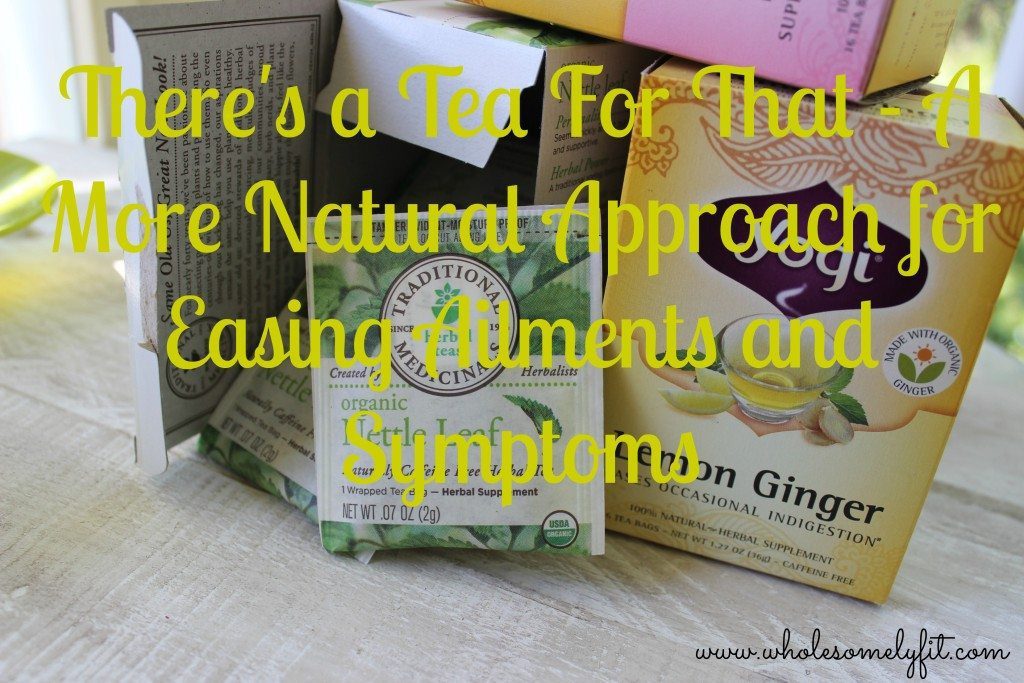If you know anything about me, you know that I am all about natural and wholesome. I always try to find a natural alternative when treating any disease of sickness, and my medicine cabinet is filled with more essential oils, creams, and natural remedies than it is with conventional medicines.
I am a firm believer our body has the amazing power to heal itself, when it is nourished properly and cared for properly. Nourishment of the mind, body and soul is important. Nourishment can come in many more forms than just food. We can nourish our minds with the Word, prayer and worship. In the same way we nourish our bodies with healthy and whole foods. Sometimes simply changing our diet can be the fix we need to help those symptoms we’ve been dealing with for years.
Most conventional doctors prescribe a pill for your symptoms, without dealing with the cause of those symptom. This is why I have a more holistic approach. I ask questions about health history and diet, before I even begin to “prescribe” any sort of “medicine.” Today I want to teach you about the power of tea. There’s many teas on the market that are great for treating or easing ailments. The powerful herbs in many teas may be just want you need to help ease those nagging symptoms.
Here’s a great guide you can print or pin for later that will get you started on some great herbal teas to help when you feel out of sorts:
- Allergies – Nettle tea does the trick. Nettle tea is great hot or iced. It’s been used as a rinse for dandruff and sinuses, and also used during pregnancy because of it’s mineral content. Nettle tea has been shown to help ease symptoms related to allergies.
- Depression – Chamomile, Lavender, hops and St. John’s Wort – Chamomile has calmative effects and helps promote sleep. Lavender is known for relaxation and calming and works on the GABA receptors; hops help with calming and promotes sleep; St. John’s Wort is an antidepressant, used for anxiety and nervous unrest.
- Detoxification -dandelion root, milk thistle and burdock – Dandelion root and burdock have antioxidant properties, and dandelion root is used to help detox organs. Milk thistle has antitoxic effects, promotes regeneration of liver tissue, and antagonizes free radicals (it’s commonly used in liver disease).
- Fatigue – Yerba Mate, ginseng, green tea, matcha green tea, and black tea. All these teas have caffeine, but in lower amounts than coffee, and the green, yerba and ginseng have antioxidants. Caffeine helps give us a boost.
- Menopause – Black cohosh, licorice, raspberry leaf, dong quai, chasteberry – Dong quai is used for menopausal symptoms, namely hotflashes. Chasteberry is used for symptoms of menopause, lowers prolactin and has a prolactin inhibiting effect. Black cohosh helps with hormonal regulation and has endocrine effects. Licorice can help with hormonal disorders.
- Morning sickness – ginger, chamomile – Ginger has been proven to help ease nausea and chamomile is for relaxing and calming.
- Pregnancy – Nettle, ginger, raspberry leaf – Nettle and raspberry leaf help to tone the uterus. Raspberry leaf can help with inducing labor when used in later weeks, and nettle provides great minerals. Ginger is for soothing nausea.
- PMS – crampbark, dong quai, chasteberry – Crampbark is used to help ease pains from cramping and muscle spasms, and used for pain and swelling of the uterus. Dong quai is used for PMS symptoms, easing cramping and irregular menstrual cycles.
- Weight Loss – Green tea, matcha green tea, yerba – These herbs have been proved to aid weight loss.
- Colds – Echinacea, elderberry, goldenseal and green tea – Echinacea helps to shorten duration of colds and is used for upper respiratory tract infections; green tea has antioxidant properties; elderberry shortens duration of colds and eases symptoms of cold, as well as contains powerful antioxidants.
- Indigestion – Peppermint, ginger, chamomile – Peppermint helps to ease IBS and colicky pains, relaxes ileal longtindunal msucle and relaxes esophageal sphincter. Chamomile helps with colicky gastrointestinal complaints and pain. Ginger is used for dyspeptic complaints.
- Immune System – green tea, ginseng, echinacea, pine park, elderberry – Green tea contains antioxidants, is a free radical scavenger, and inhibits lipid peroxidation. Ginseng protects against harmful agents such as ionizing agents, radiation and toxins, has immune stimulating effects, helps with RNA and protein biosynthesis and CNS stimulating effects. Echinacea has stimulant effects and is used as antioxidant. Pine bark is an antioxidant, free radical scavenger and inhibits lipid peroxidation.
- Heart Disease or symptoms – ginkgo biloba, hawthorn – Hawthorn helps to stabilize heart rhythm, increase myocardial contractions and increase coronary blood flow, as well as has anti-arrhythmic effects. Gingko inhibits platelet activation factor and scavenges oxygen derived free radicals.
- Inflammation – ginger, green tea, willow bark – Ginger and green tea contain antioxidants and have roles has anti-inflammatories.
- Pain – butterbur, feverfew – Butterbur and feverfew are used for pains from migraines or headaches.
Disclaimer: Please consult your physician before taking any new medicines or starting a new diet. Some herbs are contraindicated and should not be combined with other drugs.
Hope you have a wonderful Easter Weekend. Happy Resurrection!!
Until Next Time Be Whole and Be Fit
What are your Easter plans? What’s your favorite way to use tea?
